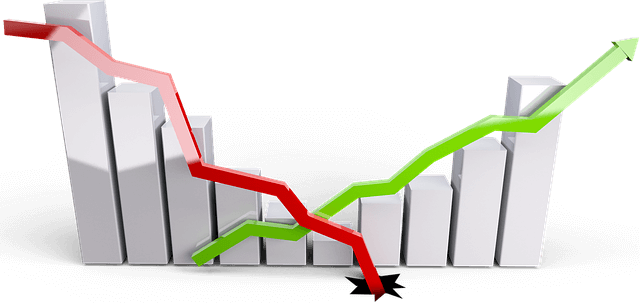Are you worried about a recession or a market downturn? Might one ruin your retirement plans? In fact nobody can predict market movements with accuracy. The best we’ve got is history. And history tells us that market timing is a fool’s game.
When will the next recession hit?
You might think that economists would have cracked this by now. Recessions don’t just happen at random. Actually there’s one thing we can predict with accuracy. That is that economists’ predictions are based on the past, not the future. There’s actually been research done on this. It seems that economists are consistently behind the curve. Not only can’t they predict the start of a recession with accuracy, they also can’t predict how deep it will be, nor its end.
Recession and markets
You might think that when a recession hits, markets will plummet; and that when the economy takes off markets will recover. Unfortunately it’s not that simple. Markets react to what people expect in the future more than to what’s happening now. Also markets can rise and fall for reasons other than economic performance. For example, in recent times low bond yields have made holding equities more attractive, thus pushing up prices.
So if it’s hard to predict a recession, it’s even harder to predict markets.
Recession and retirement planning
If you’re intending to convert your entire retirement fund into an annuity when you retire, then the last thing you want is a market crash the day before. If that happened your expected pension would suddenly be drastically cut. That’s why many pension plans use so-called lifestyle funds, which gradually reduce stockmarket exposure leading up to retirement.
But with drawdown becoming more popular, lifestyle funds designed for one-off annuitisation make less sense. It may still be beneficial to gradually modify your exposure to the stockmarket. But the optimal timing may be very different.
Periodic rebalancing is essential along the way. If there’s a sustained market downturn you may find your retirement fund is underweight in shares. This could mean you should buy more. This is often contrary to one’s instinct to bail out of the market after a crash. The worst reaction to a recession or a market downturn is to panic.
If the market booms you may become overweight in shares. In that case, unless you have a high tolerance for risk, you should rebalance.
Getting it right
To prepare your retirement plan for the inevitable recession, the most important thing is to have a plan. To help you with this, use our Intelligent Retirement Calculator.
